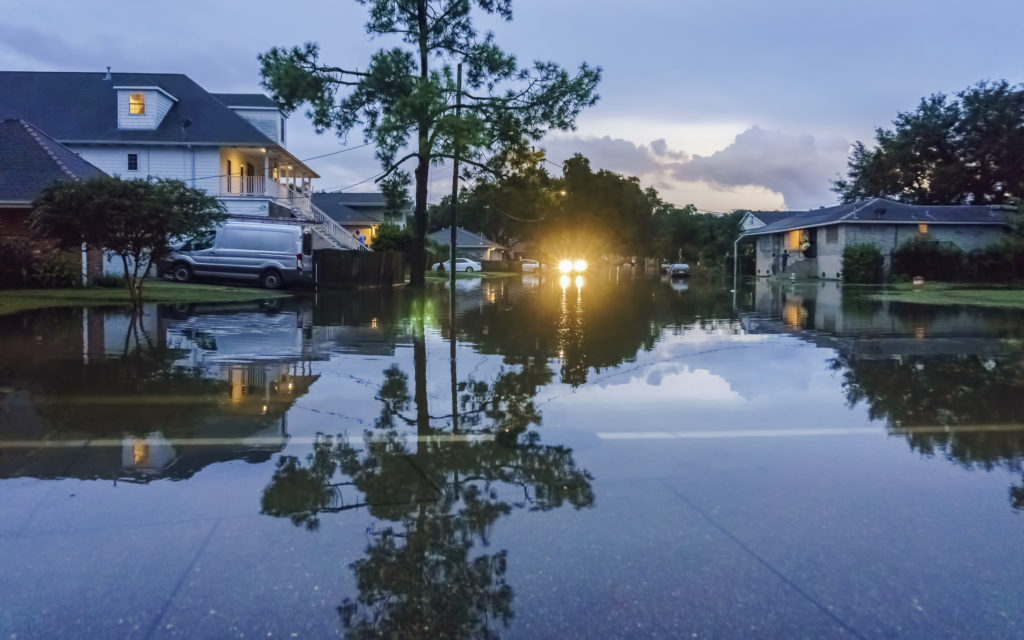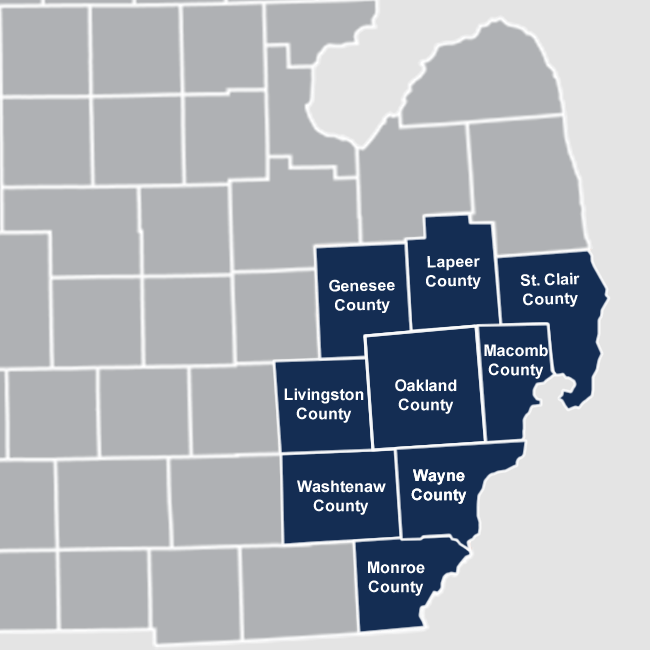Although Metro Detroit is nearly halfway through our spring season, we are expecting snow this weekend. A band of colder-than-usual weather is scheduled to hit the Great Lakes region causing lower than normal temperatures hovering in the 30s and low 40s—a veritable Polar Vortex.
According to the National Weather Service, the polar vortex is a large area of low pressure and cold air surrounding both of the Earth’s poles. It always exists near the poles, but weakens in summer and strengthens in winter. The term “vortex” refers to the counter-clockwise flow of air that helps keep the colder air near the poles. Many times during winter in the northern hemisphere, the polar vortex will expand, sending cold air southward with the jet stream. This occurs fairly regularly during wintertime and is often associated with large outbreaks of Arctic air in the United States.
But it’s spring!
Yes, the metro Detroit area is slated to get the core of the frigid air starting as soon as today. Freeze warnings and snow have been issued but even if the flakes don’t fly, temperatures in southeast Michigan are expected to be in the high 30s to mid 40s making Mother’s Day feel more like Christmas! Add to that the flood warnings along the shoreline and you’ve got a recipe for disaster.
Why do we care?
We care because it’s just one more thing to worry about, as if we didn’t have enough already what with the pandemic and all.
The good news is that as the vortex spins its way southward and loops its way around the Great Lakes and northeastern U.S., it might just be good for social distancing!
As a water damage restoration company in Southeast Michigan, Advance Restoration, never thought we would have to be discussing burst pipes in May and, during a pandemic of all things. But, despite all that, as an essential business—we are open and here to support commercial and residential property owners that experience flood damage from lakeshore issues and frozen or burst pipes due to the polar vortex. For help now in southeast Michigan, call 866-505-3166.

















